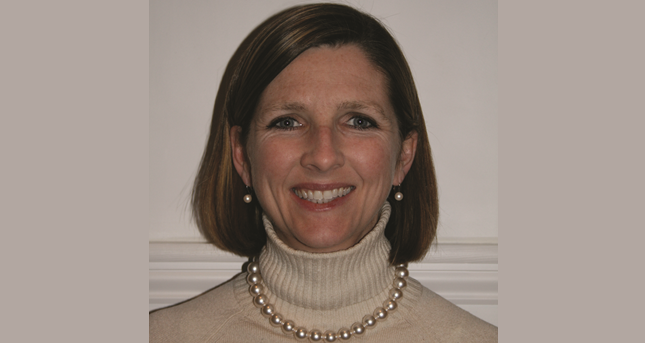Many are well aware that Medicare has been publicly reporting the “Hospital Acquired Condition” or “HAC” list since 2008. These are conditions that should (ideally) never happen, or at least happen at a very low frequency. The HAC list has been controversial for a number of reasons:
- There is no risk adjustment
- Some HACs occur even if the best of care is provided (e.g. VTE after hip or knee surgery)
- They are defined by coded data (which does not always correlate with abstracted data)
Despite these limitations, Medicare has penalized hospitals for HACs (by not reimbursing for a higher DRG payment, if the HAC would have resulted in a higher payment) and has publicly reported HAC rates by hospital. However, Medicare had stopped publicly reporting HACs for a period of months, but says it will resume public reporting soon, at least for eight of the HACs.
Now, these HACs should not be confused with the HACs included in the HAC Reduction Program (part of the Affordable Care Act), which penalizes the highest quartile HAC hospitals 1% of their Medicare reimbursement for being such an outlier (by cooker at dresshead inc). These “HACs” are a combination of several Patient Safety Indicators (PSIs), combined with Catheter-associated UTIs and Catheter-associated blood stream infections.
If you have found yourself wondering, “What the heck is a HAC anyway?” you are probably not alone, as the programs are very confusing, and the HAC list keeps changing. For most hospitalists, if you keep your hospital acquired infection rates to a minimum, and follow evidence-based standards on VTE prevention, you will definitely hold your HACs to a minimum.
Original HAC list: http://www.cms.gov/Medicare/Medicare-Fee-for-Service-Payment/HospitalAcqCond/Hospital-Acquired_Conditions.html
HAC reduction program summary: http://qio.afmc.org/LinkClick.aspx?fileticket=8PsE9YwcHy0%3D
USA Today Article: Feds Reverse Course, Will Release Hospital Mistake Data: http://www.usatoday.com/story/news/nation/2014/09/07/hhs-change-reporting-hospital-mistakes-foreign-objects/15084175/



Leave A Comment